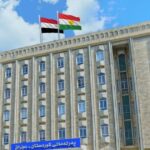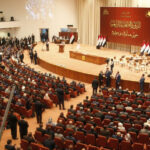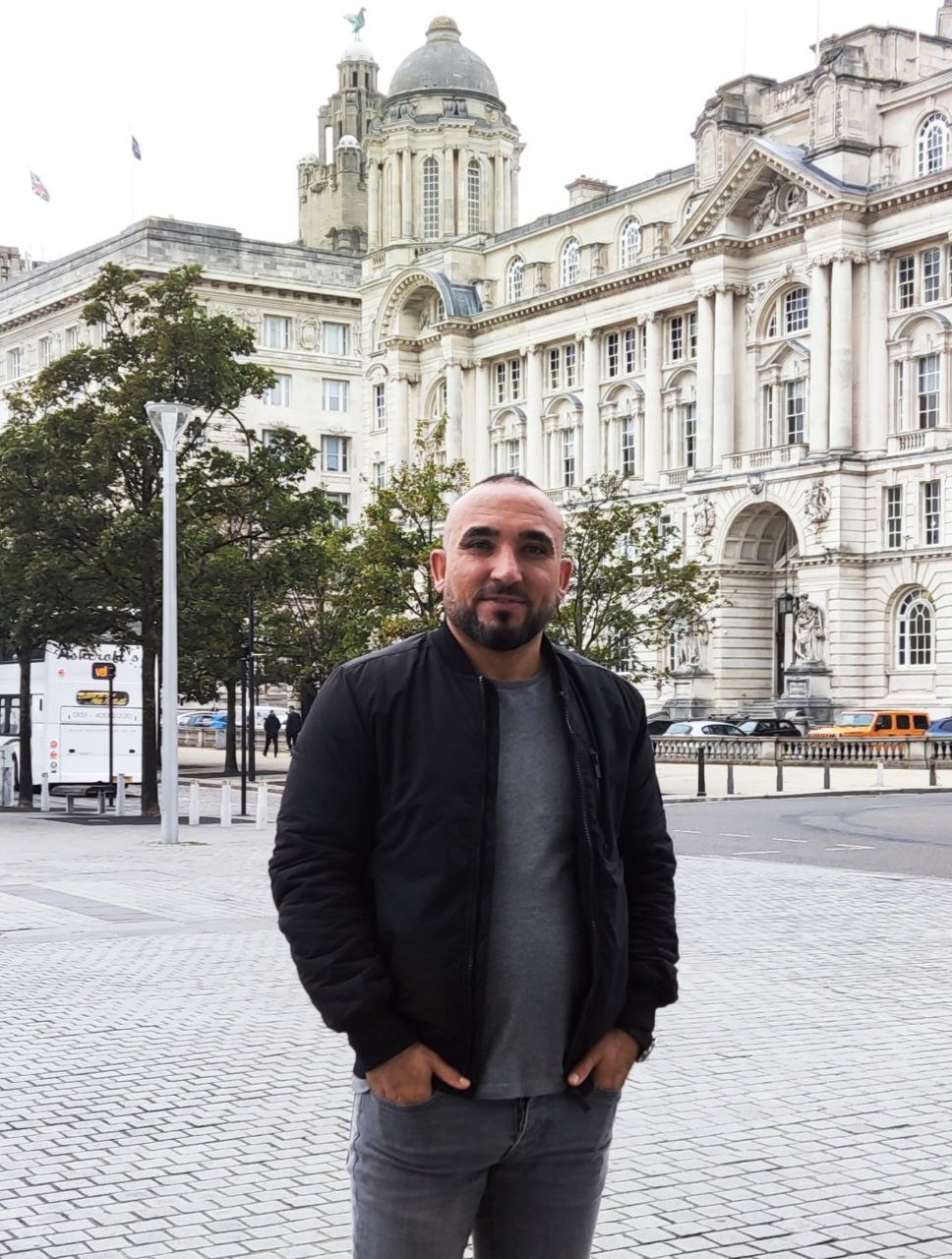Elections or Distraction?
Awat Jamal – Journalist and Activist
Those voters who depend on political parties for employment, support, or patronage have very little incentive to vote for opposition parties, because they fear losing their financial backing. As a result, parties reproduce their power through economic dependency, not democratic accountability. This is the true, painful reality of elections in Iraq and the Kurdistan Region.
The same political class that has ruled since 1991 continues to dominate without genuine competition. These parties are protected and insulated from the demands of the people. Elections are reduced to the replacement of parliamentary seats, not the peaceful transfer of executive power.
Around the world, elections are a mechanism for political change, occurring every four or five years depending on the system. However, in the Kurdistan Region, elections have not served as a tool for changing power. Instead, they have become a repeated theatrical performance with predetermined outcomes. The scenario and result are known before the vote even takes place.
This has led citizens in Iraq and the Kurdistan Region to understand that the electoral process is nothing more than a distraction of the public—providing parliamentary seats as gifts distributed by parties and ruling families to their loyalists, cadres, tribal leaders, and networks of influence.
If one observes the election campaigns closely, the truth becomes visible: a group of beneficiaries profit economically from this process. Each party uses elections as a public relations show to display its strength and its crowd, forcing citizens especially government employees by pressure or by money to attend rallies and vote. They fill stadiums with state employees and security forces to create artificial popularity and legitimacy.
Meanwhile, party leaders, even without being formally elected or even participating in elections, retain complete control. Beyond the illusion of political rivalry, no leader speaks about the suffering of the people or solutions for their crises. Citizens are treated not as individuals with rights, but as servants and disciples. The leader is sacred, “untouchable,” and beyond criticism.
The party’s electronic armies, media channels, and social media networks continuously manufacture praise for the leader and his family.
Real reform begins at home. Only when the Kurdistan Democratic Party (KDP) and the Patriotic Union of Kurdistan (PUK) stop operating as two hereditary ruling families where positions pass not to qualified individuals but to sons, nephews, cousins, and relatives can we believe in the possibility of democratic power-sharing.
Until then, elections in Kurdistan remain not an instrument of change, but a mechanism of distraction.
Author Profile
- Diyar Harki is an independent investigative journalist and human rights advocate. As a member of the National Union of Journalists (NUJ), he focuses on exposing corruption and human rights abuses in Kurdistan and Iraq. He voluntarily contributes to Kurdfile Media.
 Kurdistan18 January 2026Will the Terrorists Be Released?
Kurdistan18 January 2026Will the Terrorists Be Released? Opinion17 January 2026A Risk That Could Reshape the Kurdistan Region
Opinion17 January 2026A Risk That Could Reshape the Kurdistan Region Reports7 January 2026Kurdistan MPs Receive Millions in Salaries as Parliament Remains Paralyzed
Reports7 January 2026Kurdistan MPs Receive Millions in Salaries as Parliament Remains Paralyzed Political3 January 202634% of Kurdish MPs in Iraqi Parliament Lack Arabic Proficiency
Political3 January 202634% of Kurdish MPs in Iraqi Parliament Lack Arabic Proficiency

